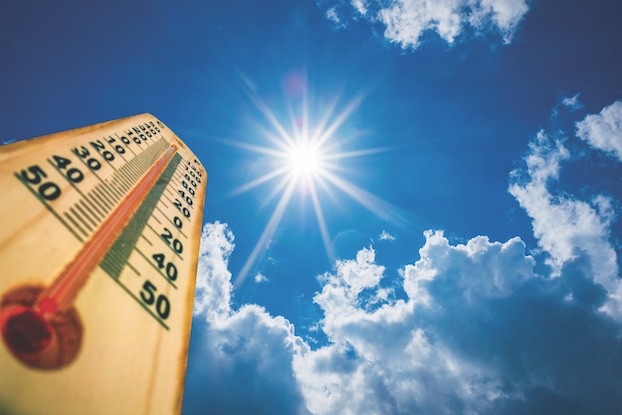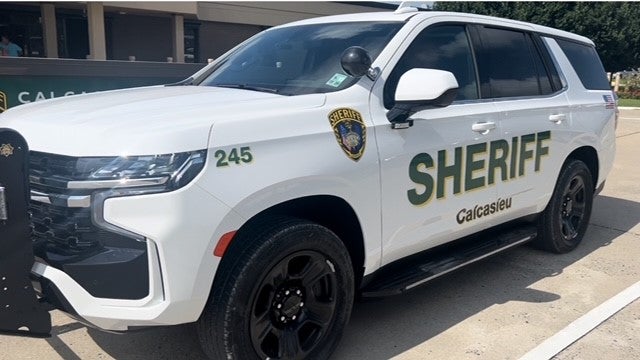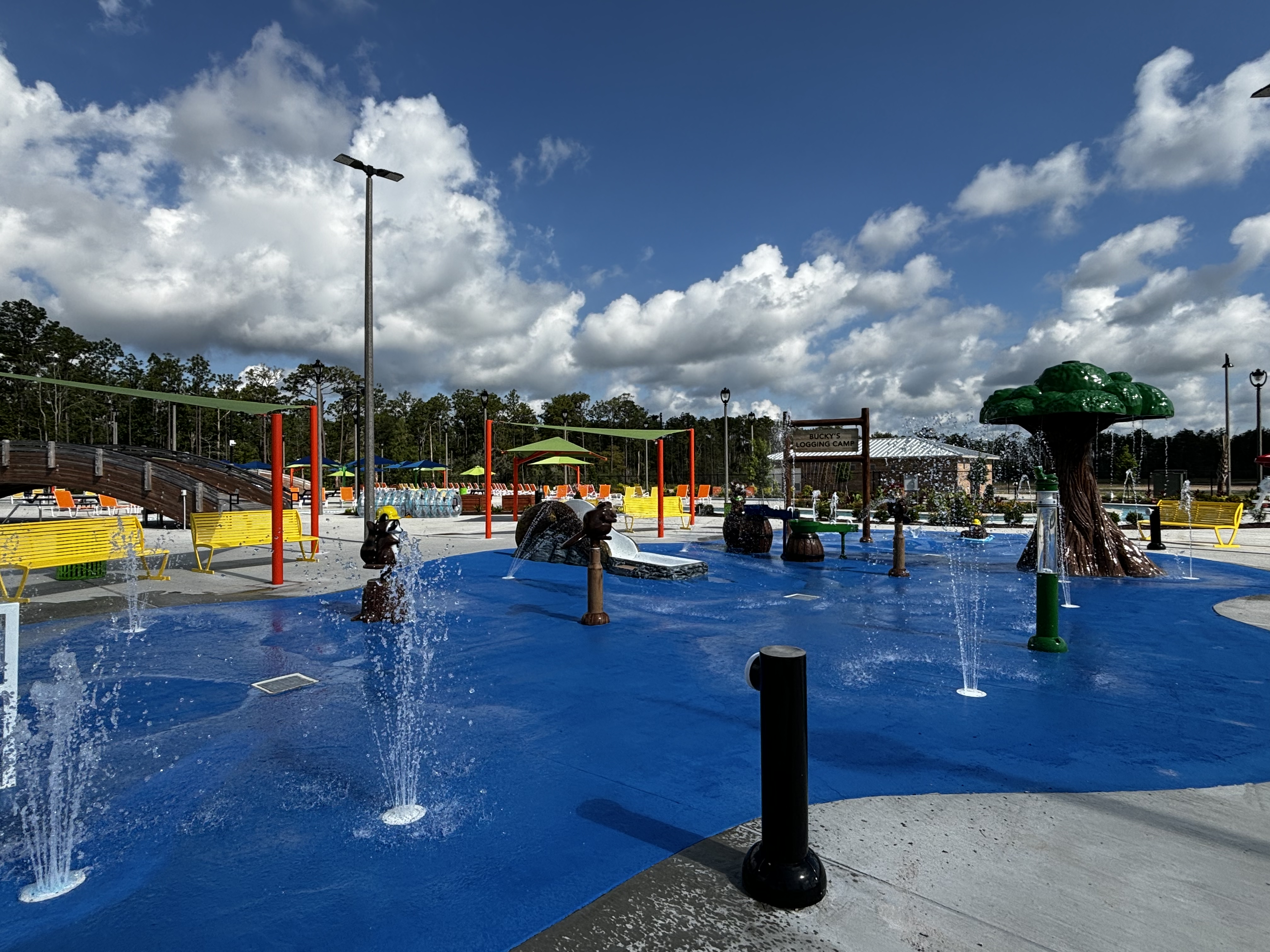Area medical facilities have treated dozens for heat-related illnesses
Published 4:20 pm Friday, July 12, 2024

- (Metro Creative Services)
Eighty-eight people died in Louisiana last year as a result of the heat, and this summer could be just as hot or even hotter. Seven people have already died. The Louisiana Department of Health, Lake Charles Urgent Care and West Calcasieu Cameron Hospital urges residents to know the signs of heat-related illness, stay safe and look out for each other, especially for babies, children and seniors.
Men and women in physically demanding jobs are at risk as well. The majority of emergency room visits across the state are by males, aged 30 to 49,
The summer of 2023 marked the hottest on record for Louisiana, with the statewide maximum temperature exceeding 95 degrees for 56 days. The result was a record number of heat-related emergency department visits and fatalities, according to the Louisiana Department of Health (LDH). The Department tracked 88 heat-related deaths and 6,142 emergency department visits last year. The National Weather Service and Climate Prediction Center has stated that Louisiana has a 40-50 percent chance of a repeat this summer and Southwest Louisiana residents can vouch – summer highs started early.
Lake Charles Urgent Care has already treated 55 individuals between the ages of 12 and 91 for dehydration, according to Kyrin Minor, spokesperson.
West Calcasieu Cameron Hospital in Sulphur, has treated around 30 cases of heat-related illness this year, according to Malloree Lavergne, spokesperson.
When a body gets hot, sweat increases blood flow to the skin. Humidity makes it harder for the body to cool itself. Know the signs of heat-related illness and what to do.
HEAT STROKE can happen when the body temp goes to 103 degrees or higher. The skin could be hot and red or dry and damp. Dizziness, nausea, vomiting, confusion, fainting or convulsions could occur. Call 911 immediately, as a heat stroke is life threatening. Move the person to a cooler place. Loosen clothes. Cool the person quickly by wetting or applying ice to the neck, armpits and groin areas.
HEAT EXHAUSTION could involve heavy sweating, cool, pale and clammy skin, a fast but weak pulse, nausea, vomiting, muscle cramps, tiredness, weakness, dizziness, headache and fainting. If this should happen, move to a cool place, loosen clothes, put cool wet cloths on your body or take a cool bath. Sip water. Get medical help right away if you are throwing up, symptoms get worse or last longer than an hour.
HEAT CRAMPS may be the culprit If a person experiences heavy sweating during work or exercise with muscle pain or spasms, Stop physical activity and move to a cooler place. Drink water or a sports drink. Wait for cramps to go away to resume physical activity. Get medical help right away if cramps last longer than one hour.
More at risk of heat-related illness are older adults and others with chronic health conditions, outdoor workers, indoor workers who are not in an air-conditioned environment, individuals who exercise outside, the homeless, infants, young children and pregnant women.
Stay hydrated. Drink water all day. Don’t wait until you’re thirsty. Avoid alcohol, caffeine and sugary drinks.
If you’re outside, wear sunscreen, a wide-brimmed hat and sunglasses. Clothing should be loose-fitting, lightweight and light colored.
Never leave children or pets alone in vehicles.
Talk to your doctor or pharmacist to see if medications affect your body’s ability to regulate temperature. Antidepressants, antipsychotics, antihistamines, beta blockers and anticholinergics can impact your body’s ability to sweat or circulate blood properly. This impairs your body’s ability to self-regulate its temperature, making you more susceptible to the heat.





